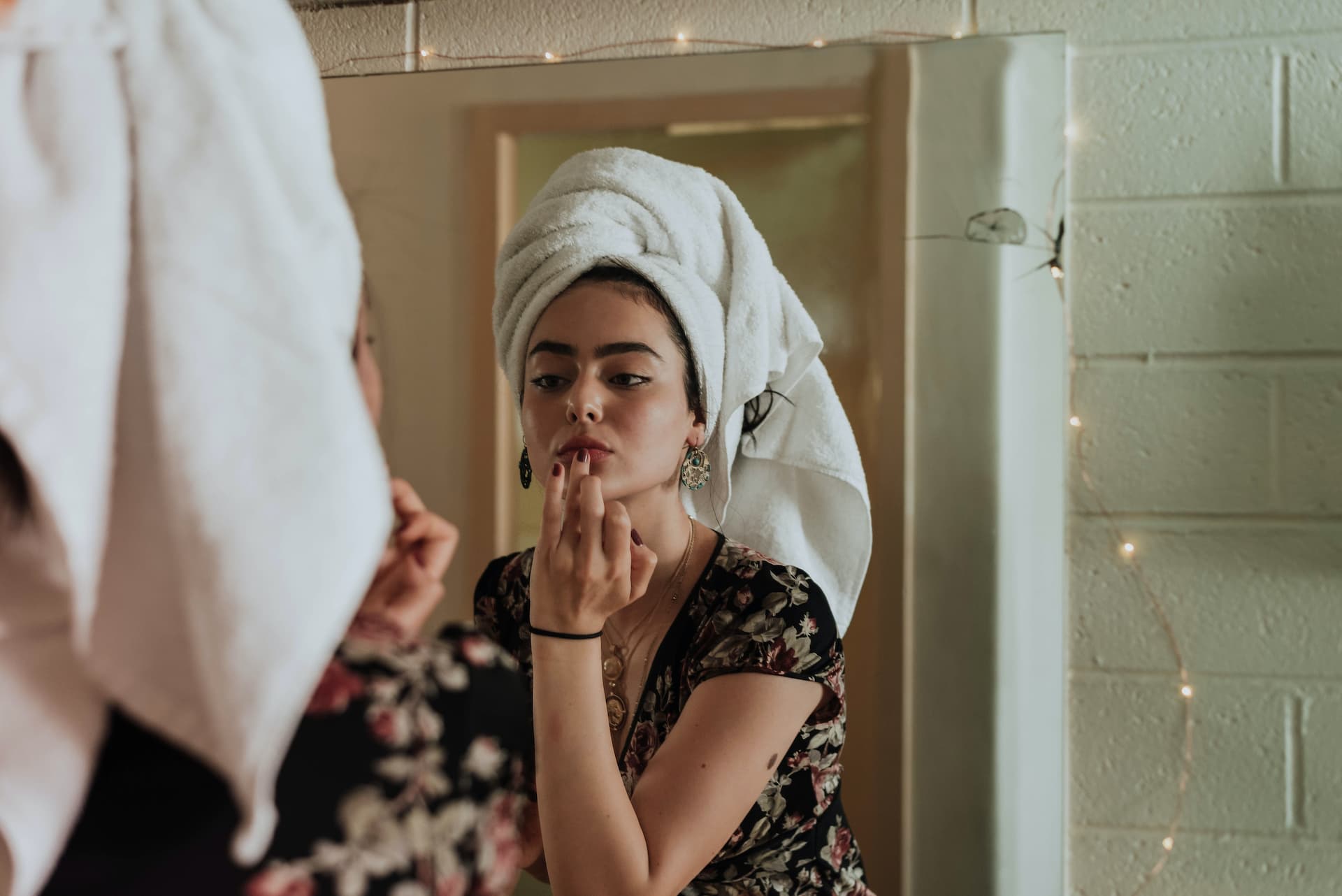Professor David Veale in BBC film, ‘Ugly Me: My Life with Body Dysmorphia’
Professor David Veale, world-renowned BDD expert consultant psychiatrist at South London and Maudsley NHS Foundation Trust and Nightingale Hospital, is featured in an insightful BBC programme, currently available on iPlayer.
‘Ugly Me: My Life with Body Dysmorphia’, explores body dysmorphic disorder (BDD); a serious mental health condition, in which sufferers are thought to be 30% more at risk of suicide.
In the film, Professor Veale meets weekly with a new patient, Liane, attempting to treat some of her deeply entrenched behaviours as a result of the condition.
The documentary also includes the stories of a range of individuals, currently in recovery from BDD, highlighting the crippling nature of this disorder.
Stylist Magazine has recently named this documentary as one of the top 10 BBC documentaries about mental health.
You can view the programme online using this link.
What is body dysmorphic disorder (BDD?)
Body dysmorphic disorder (BDD) is an anxiety disorder linked to body image. Sufferers of BDD will spend an obsessional amount of time worrying about one or more perceived flaws in their physical appearance. Often, these ‘flaws’ can be minor and not usually recognised by others.
When someone has body dysmorphic disorder, they will intensely focus on appearance and body image. This can lead to constantly checking themselves in the mirror, seeking reassurance from others or grooming themselves.
These obsessional behaviours can often occupy many hours each day in the lives of sufferers. As a result, BDD can cause severe emotional distress and impact someone’s ability to carry out day-to-day responsibilities.
BDD typically develops in the early teenage years in both males and females, however, it can occur at any age.
If untreated, BDD can lead to other mental health problems, including social anxiety, isolation, depression and anxiety, mood disorders, alcohol or drug misuse, eating disorders, self-harm and suicidal thoughts.
It can vary in severity from person to person; however with treatment, one can make a recovery from BDD.
Symptoms of body dysmorphic disorder (BDD)
Symptoms of body dysmorphic disorder (BDD) include:
- Worrying a lot about a specific area/s of your body (usually the face)
- Being extremely preoccupied about a perceived flaw in your appearance, that others either cannot recognise or is extremely minor
- Spend a lot of time comparing your physical appearance to others
- Developing obsessional behaviours, such as staring in the mirror, or avoiding mirrors altogether, or picking your skin
- Frequently seeking validation and reassurance from others
- Going to large amounts of effort to conceal ‘flaws’; such as excessive time spent on applying makeup or trying on clothes
- Seeking cosmetic procedures with little satisfaction
- Avoiding social situations due to feelings of shame and embarrassment
Helping a loved one with BDD
Encourage them to seek help
If you’re concerned someone may be showing signs of body dysmorphic disorder, encourage them to seek help. They should schedule an appointment with their local GP.
Accept their feelings
Even if you don’t understand their feelings or actions, accept and recognise that they are finding it difficult to cope. People with BDD often feel a large amount of shame surrounding their condition, which can prevent them from seeking professional or emotional support.
Useful resources for BDD sufferers
Related Conditions
Relevant specialists
-

Professor David Veale
Lead consultant for OCD and related disorders at Nightingale Hospital







